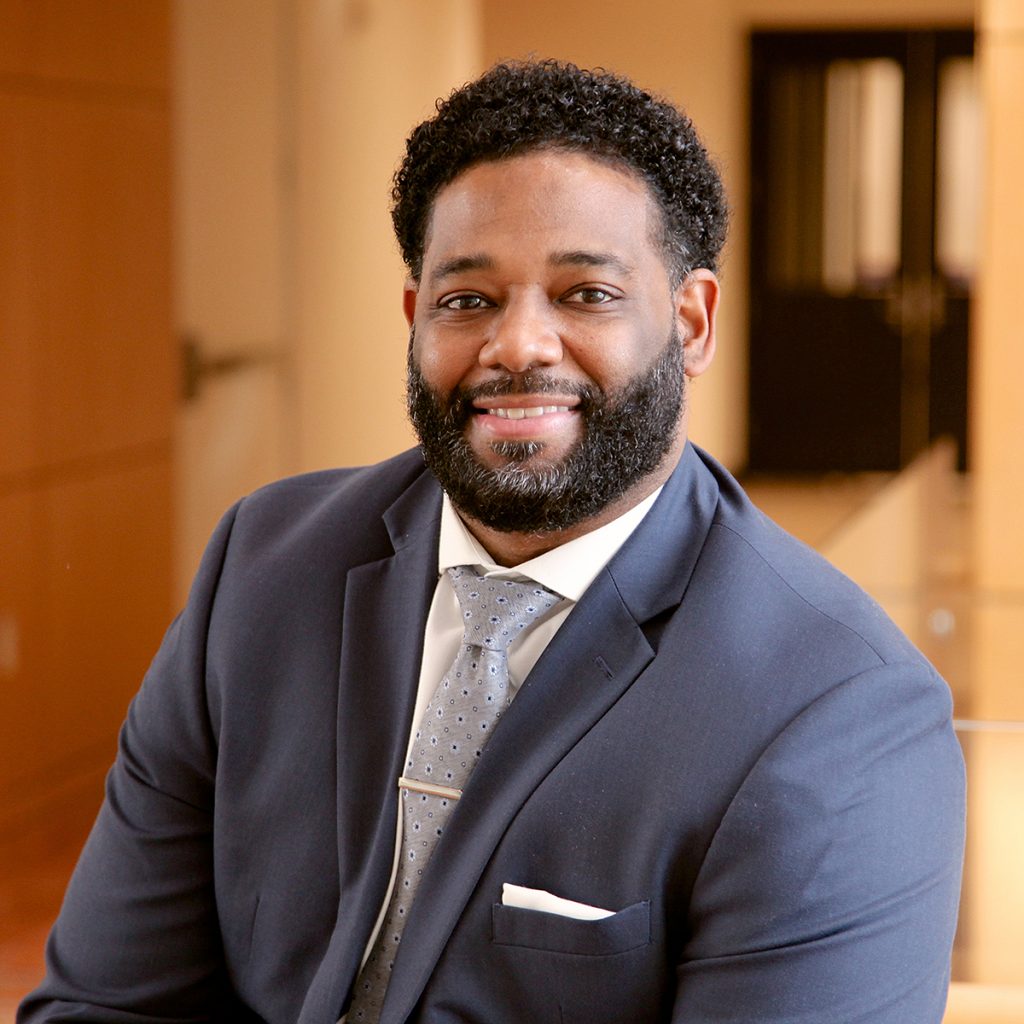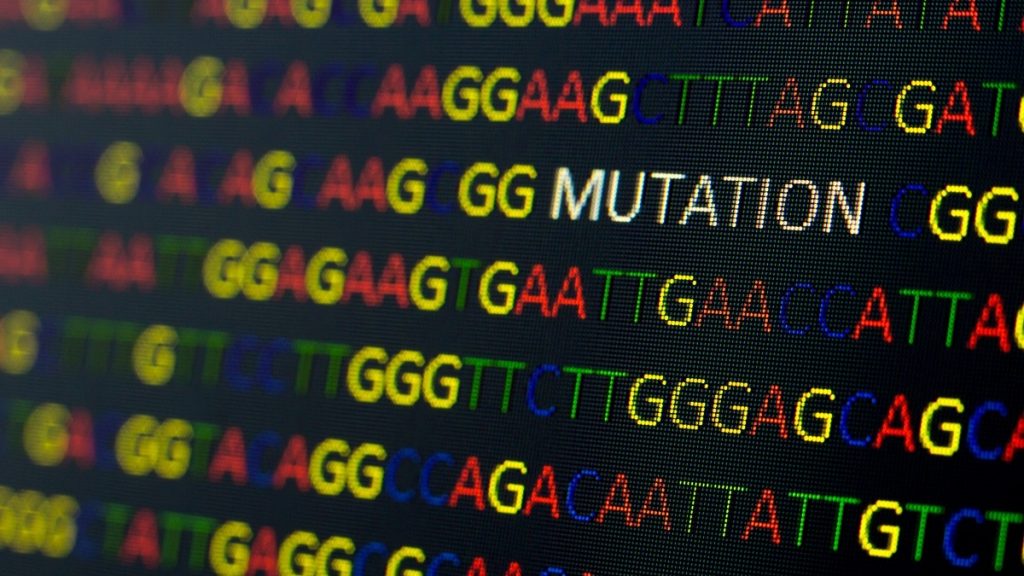Jim Wall has struggled with back problems for more than 20 years, but just ignored the pain and accepted it as a part of life.
“My sister used to tell me I had the ‘back walk’ and my wife used to tell me I walked around the house like Frankenstein,” said Jim. “Those were probably early symptoms.” In addition, Jim had swallowing issues – even with the tiniest amounts of food – and balance problems.
Little did he know, there was a larger issue at hand.
Taking action
After the death of his wife in 2007, Jim decided it was time to take control of his own health, and he began his search for a diagnosis at Emory University in Atlanta, Ga. He saw nearly ten different doctors.
“I went to Emory for my back problem and I saw a bunch of different specialists in the neurology department. I saw swallowing specialists, balance specialists and a lot of other specialists. You name it, I saw it.”
Jim was diagnosed with primary lateral sclerosis or PLS. Similar to ALS, PLS is a type of motor neuron disease that causes muscle nerve cells to slowly break down, causing weakness in your voluntary muscles, such as those you use to control legs, arms and tongue.
“It mainly affects the muscle tone in the lower half of the body,” he said. “It also affects swallowing and anything connected to the neurological system. The prognosis is long-term and you never get better but in most cases, it isn’t fatal.”
PLS explained most of Jim’s symptoms, but not all of them. He also didn’t know what caused his disease, or if it could potentially affect other members of his family.
Nine years later, Jim moved back to his hometown of Huntsville, Ala., where his sister, familiar with HudsonAlpha and teaches Project Lead the Way classes at Bob Jones High School, suggested he visit Smith Family Clinic for Genomic Medicine.
“She always thought that I had something similar to what my grandfather had,” said Jim, “So she thought it was probably genetic. That’s when I decided to contact the clinic.”
Smith Family Clinic, powered by HudsonAlpha, Children’s of Alabama and UAB Medicine, is located on HudsonAlpha’s campus. The clinic uses whole genome sequencing to diagnose rare, undiagnosed and misdiagnosed disease.
“These individuals have often gone to physicians all over the country with the question, what do I have?” said David Bick, MD, a clinical geneticist and the medical director for Smith Family
Clinic. “One thing that we always try to do is use the simplest possible test to reach an answer. We find, however, that approach, while it can solve some of the cases, doesn’t solve all of them. That’s why we use whole genome sequencing, which is a test that allows us to examine all of the genes at once to help those individuals find a diagnosis.”
Whole genome sequencing is a comprehensive test, but it is so new, it isn’t often covered by insurance. Cost was an issue for Jim. He knew he needed the test. Now… how to pay for it?
He found his answer through the Hero Fund.
The right diagnosis, thanks to your “gene-erosity”
The Hero Fund was established to provide financial assistance to qualified Smith Family Clinic patients who need access to genomic medicine. Thanks to an anonymous donation to the HudsonAlpha Foundation, patients have the opportunity to find answers without the financial burden.
“When I’m able to call someone back and let them know that they’re approved, it brings tears to their eyes,” said Carol Aiken, clinical operations administrator for Smith Family Clinic, “because they knew they needed to have whole genome sequencing, but the financial means were not within reach. I can’t express to you in words what it means to make that phone call.”
After two decades of unexplained symptoms and appointments with countless specialists and clinics, Jim finally had a complete answer.
“Dr. Bick diagnosed me with spastic paraplegia type 7 (SPG7),” said Jim. “The symptoms are very similar to PLS but there was one symptom that had no explanation…slight hearing loss. So it was nice to find out exactly what was wrong. Without the Hero Fund, I would have never gone through this and found out the true diagnosis.”
Although there are currently no treatment options for SPG7, or any other form of hereditary spastic paraplegia, Jim said he is just happy to have an answer.
“I’ve accepted the fact that I am never going to get better, but it does get me a little clarity to know what it exactly is,” he said. “I just wish I had this done ten years ago.”
“We named it the Hero Fund because in our world, those individuals who have these rare conditions really are fighting that problem every day,” said Dr. Bick. “They are the sort of day-to-day heroes of what we are doing so when we find answers for these patients, it’s one of the greatest satisfactions of working here at the clinic.”
Your donation could make a huge difference in someone’s life. Give to the Hero Fund today http://hudsonalpha.org/hero.


